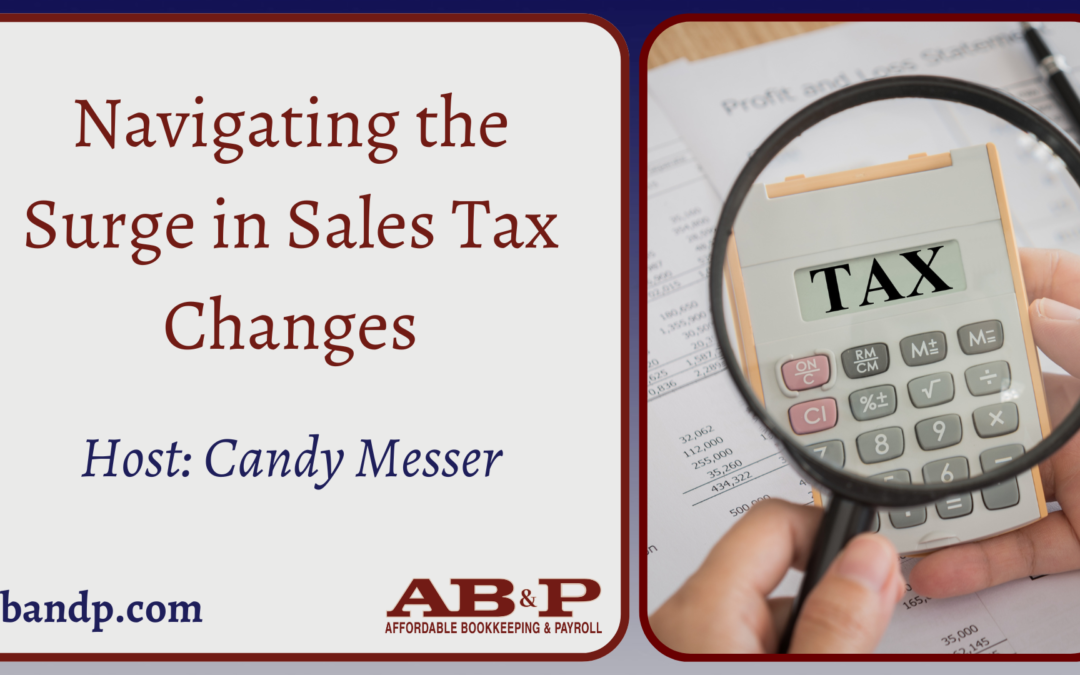Are you an entrepreneur that sells tax able products. Are you struggling to keep up with the changes with rates? The number of sales tax rate changes has reached a near 10-year high, fueled by the increasing complexity of the tax environment both domestically and internationally.
Mike Bernard, vice president of tax content and chief tax officer at Vertex, emphasizes the need to stay ahead of these changes by understanding the factors driving them and their potential implications.
Several factors contribute to the current landscape:
- Shrinking Sales Tax Base: States face reduced sales and use tax bases due to exemptions and sales tax holidays, requiring them to increase tax rates to maintain revenue.
- Economic Pressures: Rising inflation and the cost of debt have significantly increased state expenses, prompting the need for higher tax rates.
- Resilient Funding: Sales and use taxes are favored during economic downturns as they recover faster compared to corporate and property taxes.
Despite predictions, many states have refrained from taxing services due to potential legislative hurdles and voter opposition. However, trends indicate a rise in district, city, and county taxes, with state rates remaining steady or slightly decreasing.
Looking ahead, Bernard predicts:
- Digital Goods Taxation: Anticipated increases due to current fiscal challenges.
- Environmental Taxes: A significant global shift towards green energy fees, particularly in Europe, indicating a growing emphasis on environmental issues.
Be sure to monitor sales tax legislation in locations you sell taxable products and services in to guarantee compliance as the landscape continues to demand quick procedural shifts and strategic foresight.
If you have any questions regarding the impact of sales tax changes on your business, be sure to reach out to your tax advisor for insight to know how to properly collect and remit sales tax due.
